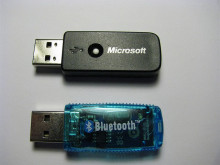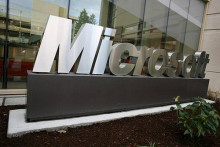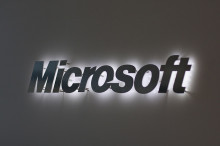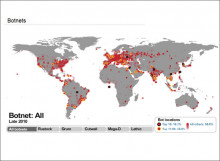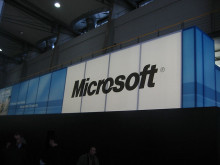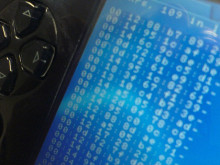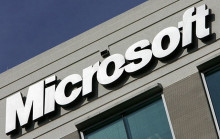Microsoft warns of critical security hole in Bluetooth stack
Microsoft today shipped four security bulletins with patches for 22 serious security flaw and called special attention to a vulnerability in the Windows Bluetooth stack that could allow hackers to remotely take control of an affected computer.
The vulnerability, fixed with MS11-053, headlines a batch of updates that include fixes for gaping holes in the Windows kernel and security problems in the Windows Client/Server Run-time Subsystem.
The Bluetooth stack vulnerability introduces remote code execution risks on Windows Vista and Windows 7, Microsoft warned.














































